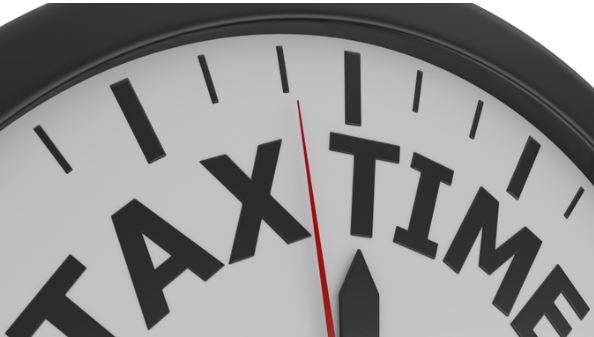VAT Domestic Reverse Charge for the building and construction industry
After delays in 2019 and 2020, the Domestic Reverse Charge (DRC) rules for businesses operating in the building and construction industry will come into effect from 1 March 2021.
The new rules are intended to tackle VAT fraud in the industry, by removing the opportunity for a supplier to charge VAT on an invoice and then not declare it or pay it over to HMRC.
The good news for businesses operating in the sector is that unless both parties to the transaction are VAT and CIS registered, normal rules will apply and no changes to invoicing and reporting will be required. Those supplies where the DRC is to be applied are known as “specified services” and the list of excluded services within the sector is small and specific.
For the avoidance of doubt, here is HMRC’s list of specified services where the DRC must be used when applicable, along with a list of when the DRC must not be used.
To summarise this further, the DRC will apply to specified services unless:
- The services are supplied to an end user
- The recipient makes onward supplies of those construction services to a connected company
- The recipient is not UK VAT registered
- The recipient is not registered for the Construction Industry Scheme (CIS)
- The supplier and recipient are landlord and tenant or vice versa (known as intermediary suppliers), or
- The supplies are zero-rated.
How to apply the VAT reverse charge for construction services
The following short videos, available on HMRC’s YouTube channel will provide help with record keeping:
For more information on these changes click here and read the article written by one of our managers, Rob Ward.
